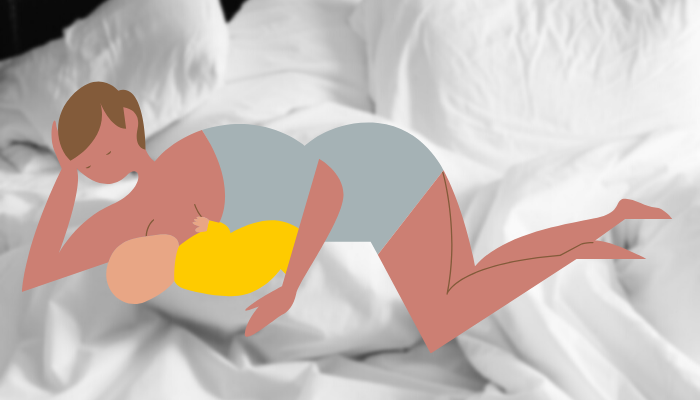As the big day draws closer you may find yourself feeling anxious about the birth or suddenly have a bunch of last minute questions pop into your head. To help calm your nerves, we’ve enlisted the help of Emma Beck, a midwife at Mater Dei Hospital, to answer some common questions for expectant mothers nearing their due date.
What’s your advice for women experiencing anxiety about labour and birth?
The main thing is trust. Trust your body, it has gotten you this far. It is a clear sign that you are strong and healthy and you can do this. Anxiety happens when you focus on future events, events which, at present, you have no control over. Keep yourself occupied by focusing on your daily tasks, practicing meditation will also help you to be more in the present.
I don’t recommend researching too much online, or listening to other peoples stories, they always make everything sound like the worst horror story. Write your own story, go with clarity in your mind, a picture of what you want and be free and open to all possibilities. You aren’t in labour alone, your birthing partner and your midwife will be there to support and guide you through your wishes.
Why is it so important to try to relax during labour?
When you relax, the body releases endorphins (a feel good chemical) that can also work as pain relief. Also, the uterus and cervix are made up of muscle and tissue. the more relaxed you are, the more the muscles relax too, which makes the whole experience much more comfortable.
How can I build a relationship with my midwife in such a short space of time?

As I mentioned earlier, your midwife is there to support you. You will spend hours together and it’s an opportune moment to get to know more about each other. You can speak about your labour and your wishes, but also about things you enjoy, your lifestyle, travels. You’ll be surprised how much you have in common. She is your medical carer, but at that moment she is also your friend. The more you trust each other, the lighter the environment around you is. If you don’t feel comfortable about something, voice it, she will listen.
After the birth, what happens during those first 36/48 hours in hospital?
This is the time where you can really rest and have support around you. Make use of that time to ask questions, ask for help with breastfeeding or find out how to care for your baby. All the knowledge you will get during those hours could be what gets you through the next weeks of raising your child at home.
You might think 36/48 hours is a lot, it really isn’t. Your baby will keep you busy between feeds, bathing, changing, burping and resting, the time will fly by. If your baby sleeps – sleep. During your stay you don’t need to worry about the laundry, cleaning or making dinner, your primary focus is your rest and your baby. I specifically mentioned you first and not your baby, as an unhappy, tired mother means an unhappy baby. Self-care is one of the most important things that you and your baby need.
Are there any foods the mother can eat that help with breastfeeding?

There are many, however the ones I would suggest mostly are oats or oat milk, fennel, fenugreek and barley. Water is also very important, and carbs too.
If the mother is bottle feeding, how do you prepare a bottle of formula?
Start by always having boiling water. You boil the water not because the baby wants warm milk, but to sterilise the powdered milk. As soon as you open powdered milk, it is no longer sterile, bacteria can be present. The boiling water will help to kill any germs or bacteria in the powdered milk or in the water itself.
The bottle is always prepared with 30ml of water and 1 scoop of formula, the scoop should not be heaped or underfilled. You need to be as precise as possible. Less or more formula is never good as it can result in malnourishment and diarrhoea, or constipation. As the baby grows, the amount of formula powder increases by 30ml and 1 scoop, always adding more when you realise that the baby is drinking until the last drop.
Are there any natural ways that someone can try to induce birth.
Yes, walking helps the baby engage better in the pelvis and creates pressure on the cervix, helping it to thin out and dilate. Just don’t over do it, its not first time we’ve had a woman with muscle fatigue after over exerting herself with exercise.
Sex is also a good thing to try since the sperm has prostaglandins that help to ripen the cervix for delivery.
Nipple stimulation is another way to encourage labour, this includes twisting and pressing on the nipple, allowing oxytocin, the hormone which induces contractions, to be released.
In terms of foods, this is a bit tricky. There are some suggestions that spicy food can help induce labour, however this has not been scientifically proven. The idea is that the spicy food will irritate the bowels and induce labour. However, if that doesn’t kick in, you might be facing a night of heartburn and indigestion.
My advice would be to allow your body to do its work and allow nature to take its course. When your body and your baby are ready, it will happen.
Good luck to all the expectant mothers across the island who are nearing their due date – you got this!



